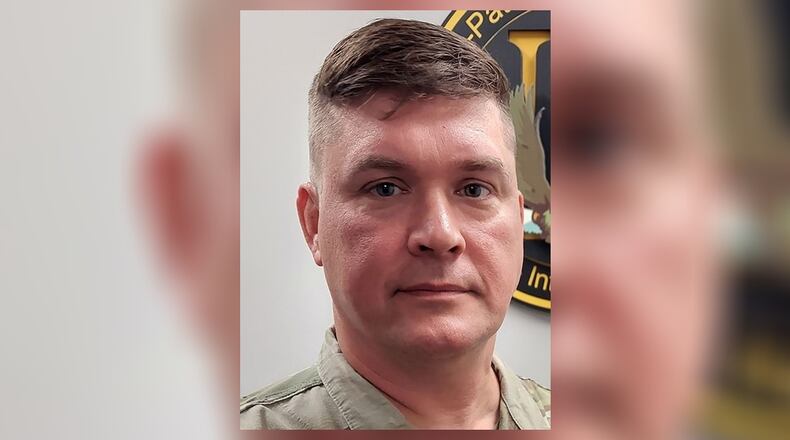Heaven help you if you had to go see the master sergeant. The word “why” wasn’t used.
Understandably, this was during the Iraq and Afghanistan conflicts — we needed to be more structured. If we were given an order, we did it without question. That was the environment I grew up in and where some of my leadership style evolved.
As an “old school” senior NCO, it has been challenging at times to serve and lead the modern-day Airman. Behaviors and attitudes seem different. Today’s Airmen ask “why” a lot more. In my day, asking why was viewed as disrespectful — as “pushback.”
I have always tried to live by the Air Force core values to the best of my ability, to hold myself accountable for my actions. It wasn’t always easy. I made mistakes like everyone. The key is how you handle the mistakes.
Mistakes help you grow and learn to be a better Airman — and a better person. You need to be able to pick yourself up, dust yourself off, learn from that mistake and tell others so they don’t make the same ones.
So here is what I’ve learned. I believe Airmen today are 10 times smarter than “back in the day” when I enlisted. Maybe this is the reason “why” is in their vocabulary.
They grew up in the information and technology era. Information is just a click away. Just Google it. They have so much more at their fingertips.
“Old school” NCOs may view asking “why” as questioning authority. This is the lesson — take a deep breath and give your Airmen a chance (if able) to ask the question.
It could be as simple as they just need a bit more information to complete the task. Sometimes, they will surprise you and have a better or easier way to complete it. You just need to listen when you can, respect their ideas and you will earn their respect in return.
We still need respect. We still need military discipline. I call it “back to the basics.”
Address each other as “sir,” “ma’am,” “Senior Airman” or “Staff Sergeant.” Hold our Airmen accountable for their actions, good and bad. Make your junior NCOs lead and engage with their Airman.
Senior NCOs should mentor young staff sergeants. I believe this is the hardest transition to make.
Make them understand — yes, the Airmen below them are friends. However, they are now supervisors and leaders, with added responsibilities. That relationship needs to change.
As my career winds down and I prepare for retirement, I leave this message for the Airmen and leaders of today and tomorrow: We need to embrace change. Sometimes, this is easier said than done in the environment we live in.
Right, wrong or indifferent change will always come. The key is to be open, flexible and see where it takes you.
Maintain the discipline, but allow the “whys” to be asked.
About the Author
